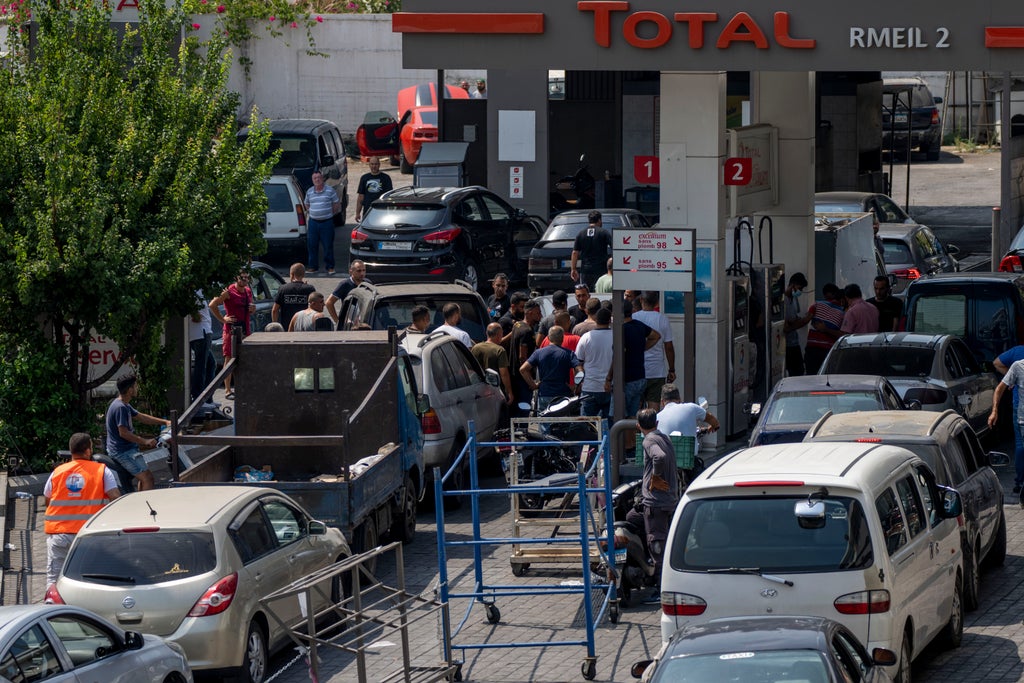
Lebanon and the International Monetary Fund on Thursday reached a tentative agreement on comprehensive economic policies for the crisis-hit country that could eventually pave the way for some relief, unlocking billions of dollars in loans.
The four-year agreement, which is subject to approval by IMF management and executive board, was announced by Lebanese Prime Minister Najib Mikati after a meeting with IMF delegates in Beirut. He said Lebanon promised the IMF that Beirut would implement wide-ranging reforms in the small nation notorious for corruption.
The tentative agreement — a first step on what is sure to be a long and complicated road — provides a glimmer of hope for the small Mediterranean country in the grips of a devastating economic crisis. The World Bank has described the economic crisis as one of the worst the world has witnessed in more than 150 years.
The IMF said in a statement that Lebanese authorities and the IMF team that has been in Lebanon for two weeks reached “a staff-level agreement on comprehensive economic policies” that could be supported by a 46-month Extended Fund Arrangement, or EFF, with requested access about $3 billion.
The IMF statement said that Lebanese authorities, with IMF staff support, have formulated a comprehensive economic reform program aiming to rebuild the economy, restore financial sustainability, strengthen governance and transparency, remove impediments to job creating growth, and increase social and reconstruction spending.
It is a first step on the way to an IMF bailout to Lebanon. In order for that to happen, Lebanon would need to implement reforms, including drafting a capital control law, restructure the country's had-hit banking sector and amend decades-old banking secrecy laws.
“The crisis demands a comprehensive reform program,” Mikati said, in order to deal with challenges ahead and achieve “financial and economic stability and reach permanent and strong growth.”







